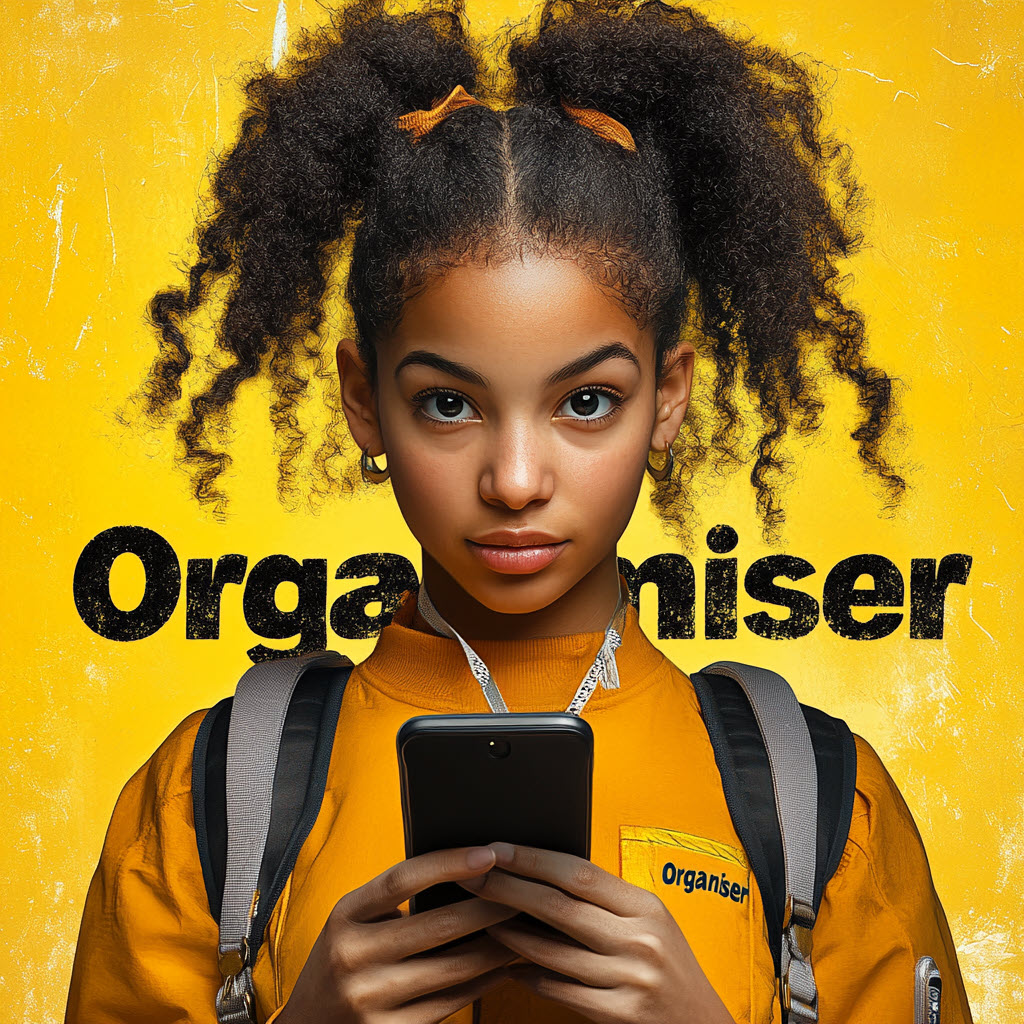The personality questionnaire is designed to evaluate key traits, such as decision-making styles, social preferences, and individual interests. This assessment provides a tailored profile that aligns students' natural strengths and preferences with suitable subject choices and future career paths, ensuring a personalized and informed decision-making process.
Chemical engineer
Dive into the fascinating world of a Chemical Engineer, where science meets innovation!
Annual salary range
Between R 240,000 and R 960,000+
Chemical Engineers turn raw materials into valuable products like medicines, fuels, and plastics, while focusing on enhancing product safety and environmental sustainability. They apply their deep understanding of chemistry and engineering principles to design efficient, cost-effective manufacturing processes that minimize waste and environmental impact. The role involves working in diverse settings, from sophisticated research laboratories to large-scale industrial plants, where they oversee production, conduct experiments, and collaborate with multidisciplinary teams to solve complex technical challenges. Chemical Engineers also play a crucial role in developing new materials and improving existing processes to meet increasing demands for cleaner, more sustainable production methods in industries ranging from pharmaceuticals to renewable energy.




















Reason for Home Language Change